Did you know that Lifeline Theatre provides free theatre education to over 500 students in 6 Rogers Park elementary schools every year? To continue offering this program throughout the 2013-14 season, we’ve launched our Back To School Campaign to raise $7,000 by December 1st. As part of this campaign, Alex Kyger (Lifeline’s Development Director) interviewed some of the folks involved in this behind-the-scenes work that Lifeline does. Today, Alex presents an interview with a local teacher, Gabriela Coronel.
About Gabriela Coronel
Gabriela is a 2nd grade teacher at New Field Elementary School. She has been teaching for three years now and Lifeline residencies have been in her classroom every year she has taught in Chicago’s Public Schools. She says there are a lot of arts partners that work with the school system, but if she had to pick one that makes the biggest difference in her classroom, it would be Lifeline.
Q: How did you get introduced to Lifeline’s residencies?
A: I’ve been involved with Lifeline for 3 years now at New Field School. Everything they do helps the children. It improves their presence in the classroom and it helps them academically. A lot of the kids right now are very shy and quiet at the very beginning of the school year. And then through Lifeline and learning to project their voices with the games they do, they become more confident. It’s helped them with a lot of the presentations they do for Hispanic Heritage and Christmas; and we do a country study each year with presentations. And even just vocally, they become much more confident in themselves.
Q: What has surprised you most about having Lifeline in your classroom?
A: I’ve been surprised that it’s become a way to tie into all the different kind of modalities that the kids have. What I’ve noticed is that the child that is quietest or is performing the lowest academically, when Lifeline comes in they really get a moment to shine. They really express their talent. The kids that have low self esteem, the kids that have academic problems, they actually shine the most with Lifeline.
Q: What is most rewarding about having the residencies?
A: We have a lot of things that we need to be teaching the students. With Lifeline, it’s a fun way for the kids to be learning academic things. I know I give the teaching artists a lot of words because I have a bilingual class this year and the acting out of words, being able to visually see the words, really helps the students with their vocabulary and presentations. And even their comprehension skills, because a lot of the things we do with Lifeline are tied to stories and breaking them up and creating scenes. It’s related to fluency. The students are practicing their reading, they’re practicing writing. It’s like everything we do in the classroom, but in a fun way with Lifeline.
Q: How do you think the teaching artists or other teachers would describe you?
A: I actually think they would say I’m a lot like them. I’m very cooperative in the sense that every time Lifeline comes in (and this is another aspect about Lifeline I like) I also get to be part of it. Because kids watch me, and if they see that I don’t participate, they won’t participate. If it’s okay to for me to act silly, then they feel more confident. And very open, I’ve always liked acting so I’ve just been open to how it can help my students.
Q: What do you wish people knew about Lifeline?
A: I think when people hear Lifeline they just think of acting. And it’s much more than acting. For teachers especially, we like that Lifeline’s residencies have vocabulary involved, comprehension involved, and cooperative learning involved. Even self reflection, where the kids are getting that time to think about what they were good at and think about what they’re going to do better. All those aspects. A lot of people hear “theatre” and they think the kids are just playing and it’s much more than that with Lifeline.
Q: What would you say Lifeline does best in the classroom?
A: Tying their curriculum into what we’re doing in the classroom. At New Field School, each class does a country study. Last year, we had South Korea – so we adapted a folk tale from South Korea as part of our country study. The fact that we were able to tie the program into what the kids are learning is really wonderful.
